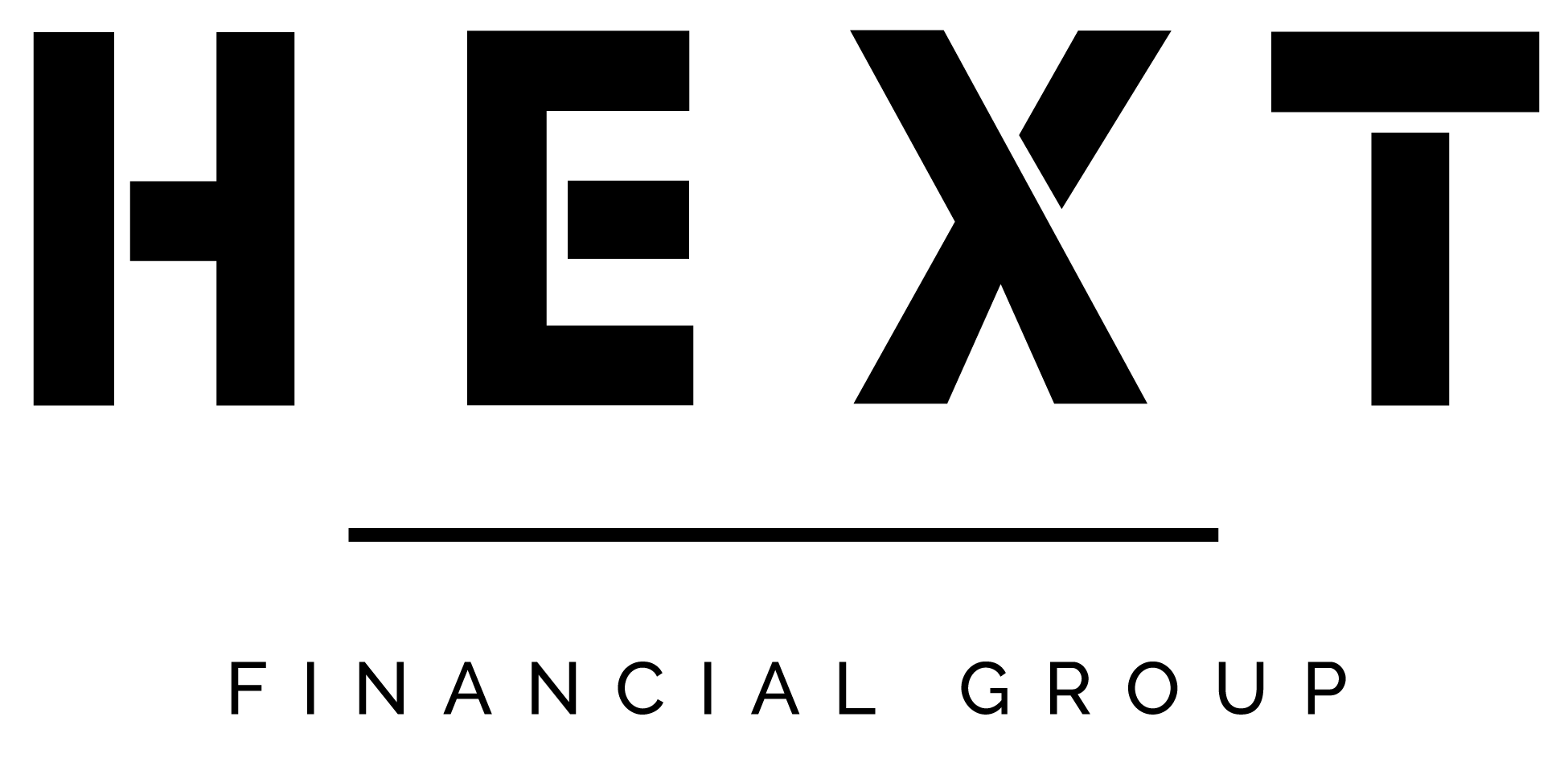Why is it that two people who have very similar businesses can pay very different amounts in taxes? Why do I owe so much tax to the government or how do I pay less in taxes? These are some of the questions we are asked on a constant basis, and the answers unfortunately, are never alike. Before anyone goes down the rabbit hole of finding what tax strategies work best, they need to understand what is creating the tax liability.
In a simplified viewpoint, there are two types of income. First, earned income from running a business and selling products or services or income for performing services such as wages or consulting fees. The second is investment income, which includes but is not limited to, portfolio equities, real estate, or simply from investing in someone else’s businesses. The types of income and/or losses generated each tax year will significantly impact your tax liability.
Most taxpayers find themselves in the first scenario or a mix between earned income and investment income. For example, a person either works as an employee for compensation or owns a business and generates income through the earnings of the business. In either instance, this type of income is taxed using the ordinary tax rates based on their filing status. These rates currently range from 10% up to 37%. In addition, most of this taxable income is also subjected to payroll taxes, which adds an extra layer of tax, bringing the potential top rate above 40%.
The second group of taxpayers create earnings from investing their accumulated wealth and find themselves in a much different tax situation. The primary difference is the tax rate itself. A long-term investment, holding a position for more than a year, receives a beneficial tax rate. Long term capital gains rates range from 0% to 23.8%, which is a difference of upwards of 17% versus the ordinary tax rates. In addition to the beneficial rates, there are a wide variety of planning strategies available for these types of taxpayers. A longstanding tax plan includes deferring tax liabilities into the future, whilst maintaining growth. For example, a commonly discussed deferral in real estate investments, is the section 1031 like-kind exchange.
Going back to the previously discussed question, two taxpayers both own the same consulting businesses with the same taxable income before compensation; one runs their business as a sole proprietorship and the other has structured their business through a Subchapter S Corporation, can they have different tax liabilities? Assuming all other facts on their personal returns are equal, the answer is yes. The sole proprietor would pay more in taxes than the owner of the S Corporation due to the implications of self-employment taxes. Albeit a simplified example, the point is that consideration should be given for a tax review and to properly plan accordingly.
Knowing your facts and your specific situation is the best way to determine opportunities that may be available to reduce your tax liability. When considering a taxable event, there are far fewer planning options available historically compared to those planning beforehand. It is important to understand that everyone’s situation is different, and each taxpayer has his or her own unique set of circumstances.
With the constantly changing state of the tax code, understanding your tax liability with a proper plan, is of the utmost importance. Consider consulting with a qualified tax professional. Our knowledgeable team members are always available so please do not hesitate to contact us.






